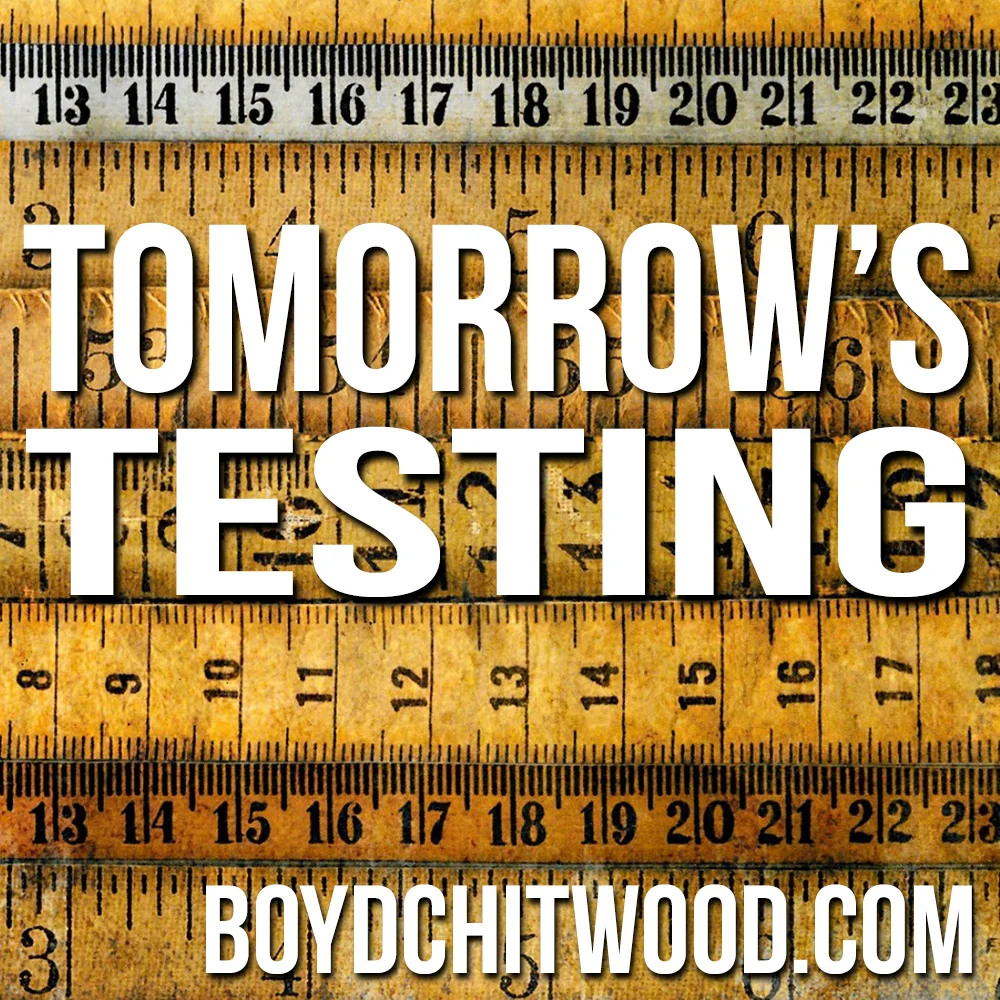Tomorrow's Testing: Motivate students to learn
The second purpose of assessment is paired with the first – just as we measure what students are learning, we want to be motivating students to learn. Assessment can be a vital part of this motivation.
Of course, we can encourage our children to “get good grades.” Many are motivated to do so anyway. They know it pleases us as parents and teachers; it can meet their own competitive desires; and it helps anyone to know that the work they’re doing is valuable and worthy of praise. All of these dimensions are important, but there’s another that is sometimes left out and takes a little more effective strategy on the teacher’s part.
We want our assessments, our tests or quizzes or papers or assignments or activities, to help students know that they are learning which in turn motivates them to learn more and better. Think about that. As a teacher, if I present material as merely a hurdle to be overcome for my praise and competitive advantage over other students, some students may be somewhat motivated by that.
It’s a whole different picture, though, if, as a teacher, I show students that the things we’re exploring and learning as a class help them to know and do things which they didn’t know and couldn’t do before we learned them. Who among us, as children and adults, does not want to feel knowledgeable, capable, skilled, prepared, and effective?
Taken another way, how many of us want to feel ignorant, inept, untrained, unprepared, and generally unable to do things well? As teachers and parents, we have the privilege of teaching children to read when they couldn’t read, to know about the world when they didn’t know about the world, to write and communicate when they couldn’t write and communicate, to solve problems they couldn’t solve, to know God’s perspective on life and success and truth and value when they didn’t know those things before.
What, though, if instead I make my assessments of students completely about me as their teacher? Did the pass my test? Did they do the assignment I gave them? Did they solve the problem that I came up with? Did they please me?
Learning includes me as the teacher, but it constantly relates back to help the student know what he or she now knows and can do. Assessment motivates because it shows the boy or girl, young man or young woman, ways that they are growing and succeeding. They are becoming more capable. They are becoming better prepared. They are growing in capability and perspective, in skill and training.
This goal of assessment certainly does not mean the student can never falter or fail. That, too, is information and motivation. Maybe they know they didn’t study their best. Maybe they know they don’t understand it, but they also know the teacher is there to help them understand as they continue to work at it. I can’t motivate them with the encouragement that they’re learning if I never inform them when they’re not learning.
The type of assessment does matter. I have to help the student see ways he is learning. But more than the assessment is the importance of the relationship between teacher and student. Does he know I want him to learn and grow and succeed? Does he know that, too, is my success? Does my student know that their nuture into the fullness of God’s created intent is my goal and motivation? If so, then assessment will motivate student learning.


